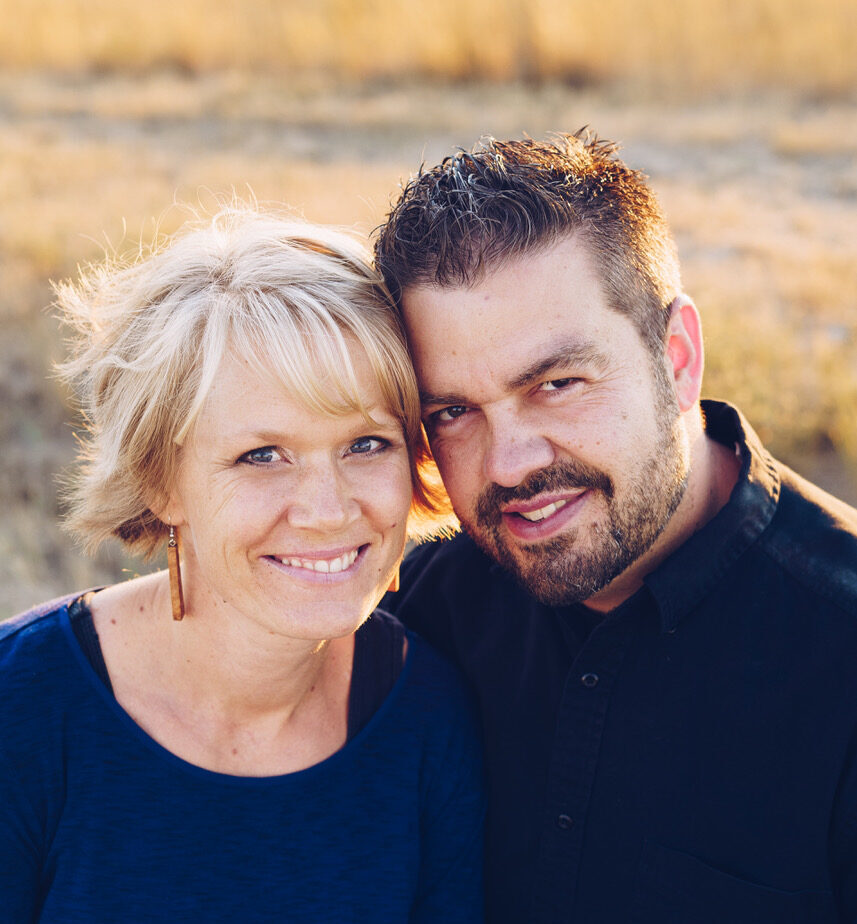
The Tormenting Burden of Being Right
By Jesse Jost
This morning before church, I got sucked into a debate with a very close friend on the effectiveness of PCR tests in diagnosing Covid.
Neither of us has any medical training, and I doubt if either of us knew what a PCR test was a year ago. In fact, you’d be hard pressed to find two people less qualified to debate the topic.
Yet, that didn’t stop me from letting this agitate me and temporarily get in between us. I sat down in my pew and struggled to let go and enter worship.
Then God whispered to my soul and I said three words to myself that flooded my soul with peace: “I don’t know.” It felt so good to admit I didn’t know the whole truth about PCR tests, and therefore it wasn’t my job to try to change someone’s mind to agree with me!
As I reflected on this later, I realized that resting in agnosticism about the issues isn’t enough. To not know anything for sure is to lack conviction and decisive action.
On the other hand, to wrestle someone else to the mat on every issue makes you a divisive and lonely jerk. But to not have confidence in anything leaves you adrift!
How can we discern which issues are worth standing up for? Which “lies” are worth exposing? How do we know for sure that when we differ from someone that we are the one with the truth and not the one who is deceived or in error?
Two years ago, if a “round earther” got in a debate with a “flat earther,” there was no way to resolve the debate. Neither party had likely ever been high enough in space to see that the world was a globe, so neither person had first hand information to resolve the debate. Both people had to rely on “sources” for their viewpoint. The problem is that neither person trusted the other’s sources, so the two could never agree.
Today the debate is not about the shape of the earth. It is about the effectiveness of masks, the integrity of the US election, what is really causing the lock downs, and a whole host of other issues.
Communities, churches, and families are becoming deeply divided on these issues. And the problem seems to be coming down to which sources of information a person trusts.
It used to be more clear cut which sources were objective and reliable, but today there is wide spread disagreement on who we can trust. Which doctors do we trust? Which politicians? Which news sources are credible and which are paid off propaganda?
People choose the sources that they trust for a number of reasons. As people choose to trust different sources, they become divided and antagonistic toward each other. Both sides become so frustrated and angry that the other person can’t see what is “obvious.”
So what can be done? Who can we trust? I’m now going to give you a list of sources you can trust: Fox, Rebel Media, The Babylon Bee… Of course not!
Human sources will ALWAYS be corrupt, partial, and biased. There are so many social pressures that determine what we believe and why we believe and truth is often sacrificed due to social pressures and fear of rejection and being ridiculed. The power of self-deception and confirmation bias is unbounded.
Throughout history, absolute balderdash has been fervently believed and propagated by the experts of the day. We have all been so convinced and passionate about the truth of a topic only to quietly change our mind later.
So who can we trust? How can we find unity in a world so full of disinformation and lies?
I think the answer is in God’s word: Trust in the Lord with all your heart, and lean not on your own understanding; in all your ways acknowledge Him, and He shall direct your paths. (Proverbs 3:5-6)
Paul says in 1 Corinthians 2 that God has revealed the truth to us through his Holy Spirit. John tells us that The Holy Spirit teaches us all things. (See 1 John 2) Jesus said the Holy Spirit would be our Helper and Counsellor. (John 14-16)
Paul makes a distinction between “The spiritual man” (the man who is in submission to, receptive to, and informed by the Holy Spirit) versus “the carnal man” (who relies on his own understanding and human sources of wisdom).
Paul says that when there is division and strife in the church body, it means we are still carnal. (1 Cor 3:1-4)
The implication is that if we are both truly hearing from the same Spirit of God who can not lie, we would have unity and agreement.
The truth is in Jesus (Eph 4). Jesus is the Truth, the Way and the Life. The truth is in the Word of God and illuminated by the Holy Spirit and confirmed by godly fellowship.
Which issues should we have confidence about and which issues should we feel free to say “I don’t know?”
If God has addressed an issue clearly in His Word, and if in the process of humbly walking in the Spirit, He has confirmed it to our souls, then we can have act with confidence and conviction.
If someone disagrees with us, we can with gentleness and humility present them with a biblical case for why we believe, but then we can leave it to the Holy Spirit to convict them of error.
When we are relying on the Spirit and not a human news source, we can have a peaceful confidence and not feel so threatened or angry when a person disagrees with us.
If an issue is not discussed in scripture, we can say with humility, “I don’t know the whole story, but God does and I’m going to trust Him to guide me with what I need to know to act righteously.”
Paul told Timothy that the Bible is sufficient in what it covers so that we can be complete and equipped for what God is calling us to do. (2 Timothy 3:15-16)
When it comes to the issues not clearly and specifically addressed in Scripture, we need to have humility and a non-dogmatic posture. We need to realize we are only as good as our sources, and human sources will always disappoint us. It’s okay to smile and say “Time will tell!” God’s final victory does not depend on our winning the debate!
We are going to get to heaven and find out we were on the wrong side of many of the debates we had with other humans during our time on earth.
God is fully aware that we know so little, and our eyes are distorted by sin and selfish bias.
It’s why He calls us to love and to trust Him more often than He calls us to be correct or to win every debate. God loves a posture of humility and abhors dogmatic pride.
So put down the awful heavy burden of having to be right and the responsibility to convince everyone else of their errors.
Don’t rely on your human understanding or gut feelings, or the story that makes the most sense to you.
Rely on God to guide you, and to convict you and your brother of error as He sees fit. In the mean time, love lavishly and with confidence.

Dale Jost • January 10, 2021
Yes good word Jesse, it does truly depend on your source for what is truth, to be confident in it. There is definitely so much we dare not be dogmatic about!